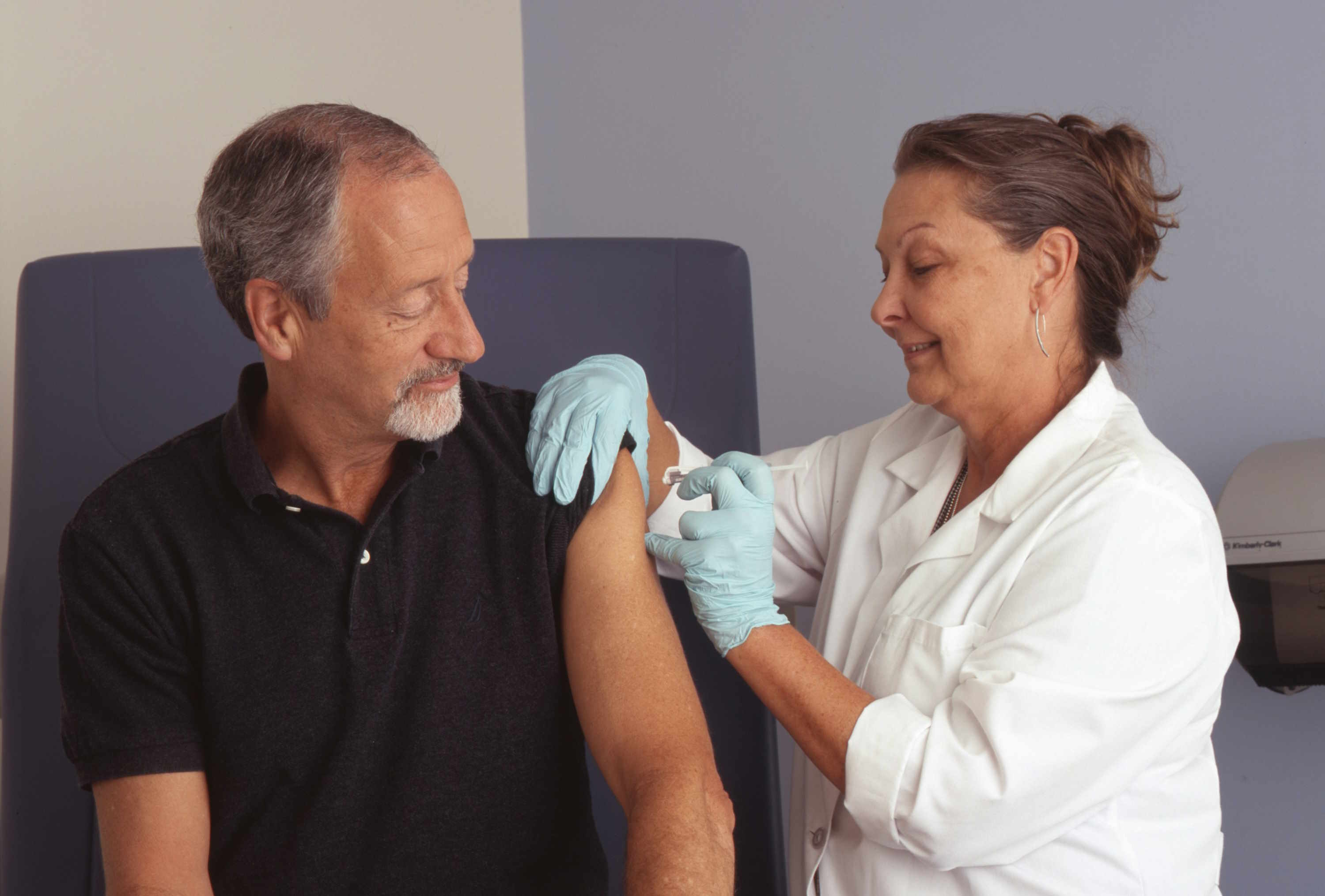Does Treatment Work For Prostate Cancer? Learn More
Prostate cancer originates in the prostate gland of a person. When cancer progresses and spreads to other parts of the body, it is known to have metastasized and is considered to be an advanced prostate cancer stage. Prostate cancer can spread directly to the nearby tissues or from the lymph nodes to the distant parts of the body. The progression of late stage prostate cancer is likely to affect the bones, liver, adrenal gland, and lungs. Read on to know more about the frequently asked questions about advanced prostate cancer.

Does Treatment Work For Prostate Cancer? Learn More
What is the effectiveness of prostate cancer treatments? This article explores the various treatment options, their success rates, and how they can impact quality of life.
Understanding the Prostate and Prostate Cancer
The prostate is a small gland in the male reproductive system. It’s responsible for producing some of the fluid in semen. When cells in the prostate become abnormal and grow uncontrollably, prostate cancer occurs. There are several known causes of prostate cancer, including age, family history, race, and diet.
Recognizing the Symptoms of Prostate Cancer
Symptoms of prostate cancer can vary widely. Some men may experience no symptoms at all, while others may notice changes in urination, such as frequency, urgency, or discomfort. Other symptoms can include blood in the urine or semen, erectile dysfunction, and pain in the hips, back, or chest.
Getting Tested for Prostate Cancer
If you’re experiencing any symptoms of prostate cancer, it’s important to get tested. Tests for prostate cancer include a digital rectal exam (DRE) and a prostate-specific antigen (PSA) blood test. Depending on the results, further tests such as a biopsy may be needed.
The Various Treatment Options for Prostate Cancer
There are several treatment options available for prostate cancer. These include surgery, radiation therapy, hormone therapy, and chemotherapy. The best treatment option will depend on a variety of factors, including the stage of the cancer, the patient’s overall health, and personal preferences.
## Useful Tips and Facts About Prostate Cancer Treatment
- Active surveillance is often recommended for low-risk prostate cancers, where treatment may not be needed immediately.
- Side effects of prostate cancer treatments can include urinary incontinence and sexual dysfunction.
- Regular follow-up appointments are necessary to monitor the effectiveness of the treatment and check for any signs of recurrence.
Living with Prostate Cancer: The Long-Term Outlook
Living with prostate cancer can be challenging, but many men lead fulfilling lives during and after treatment. The survival rate for localized prostate cancer is nearly 100%, and even for advanced stages of the disease, treatments can often help control symptoms and improve quality of life. As with any serious health condition, it’s important to maintain regular check-ups and follow your doctor’s advice.
Disclaimer: This article is for informational purposes only and should not be considered medical advice. Please consult a qualified healthcare professional for personalized guidance and treatment.




